On Tuesday, the Senate passed a bill that will heavily restrict the video platform TikTok in the U.S.
Reports say that Biden plans on signing the legislation in an attempt to restrict the Chinese controlled company from influencing American culture and politics.
Ban Is Added Onto a Massive Foreign Aid Package

The ban itself is part of a larger piece of legislation. A massive $95 billion foreign aid package to give relief to Ukraine, Israel, and Taiwan also has provisions to protect American interests.
In addition to banning TikTok from American users, the bill has provisions to freeze Russian assets. The bill comes at a time when protecting American interests is at an all time high for the government.
App Forced To Sell or Be Banned
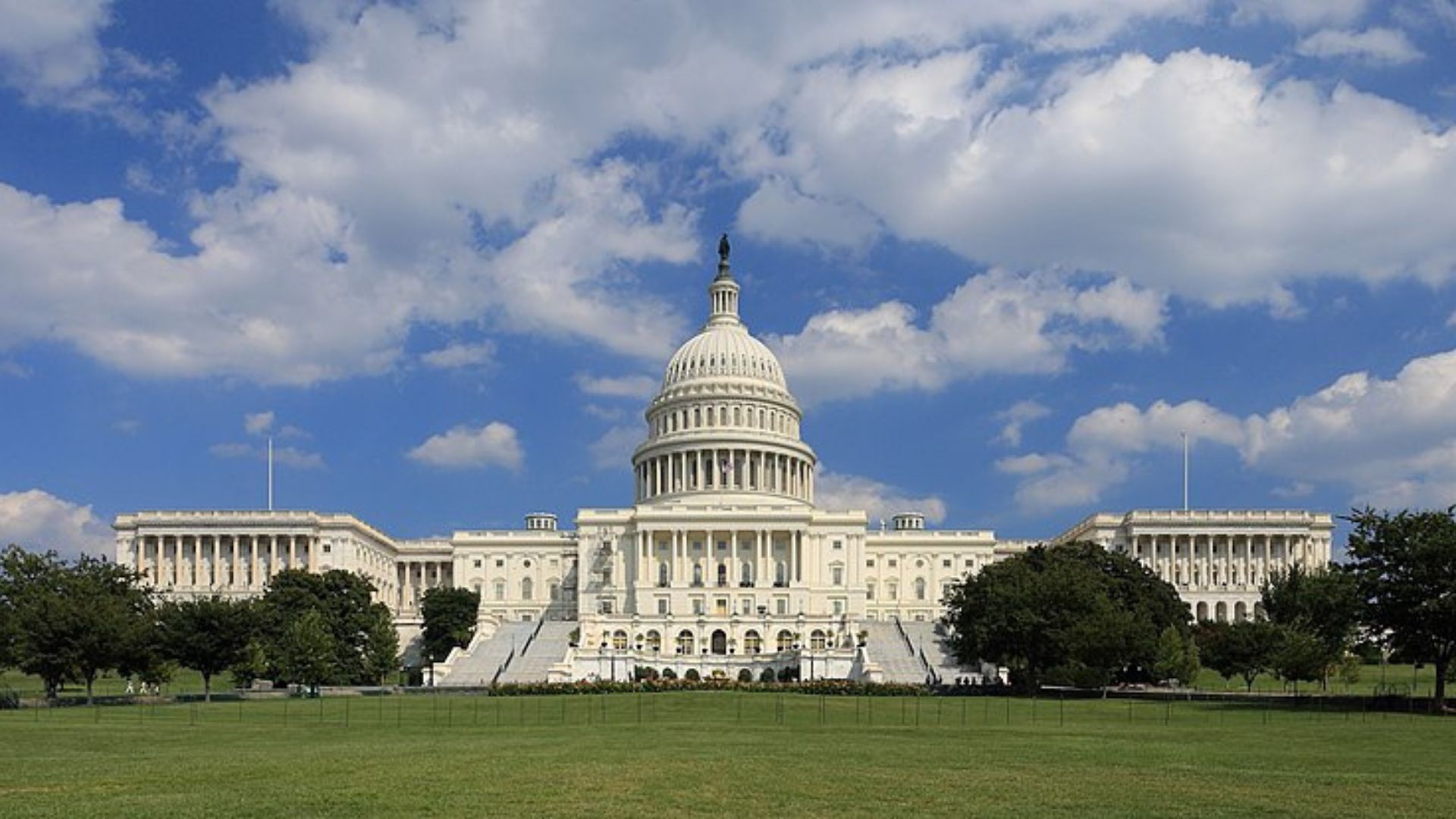
Introduced by a bi-partisan bill to the Senate, the ruling will force the Beijing-based parent company, ByteDance, to sell its massively popular app to an American company or become banned from U.S. app stores and web hosting companies.
The bill received widespread support in both chambers of commerce. The Senate passed the package with 79-18 votes. The house then approved bill 360-58.
Biden in Full Support of the Ban
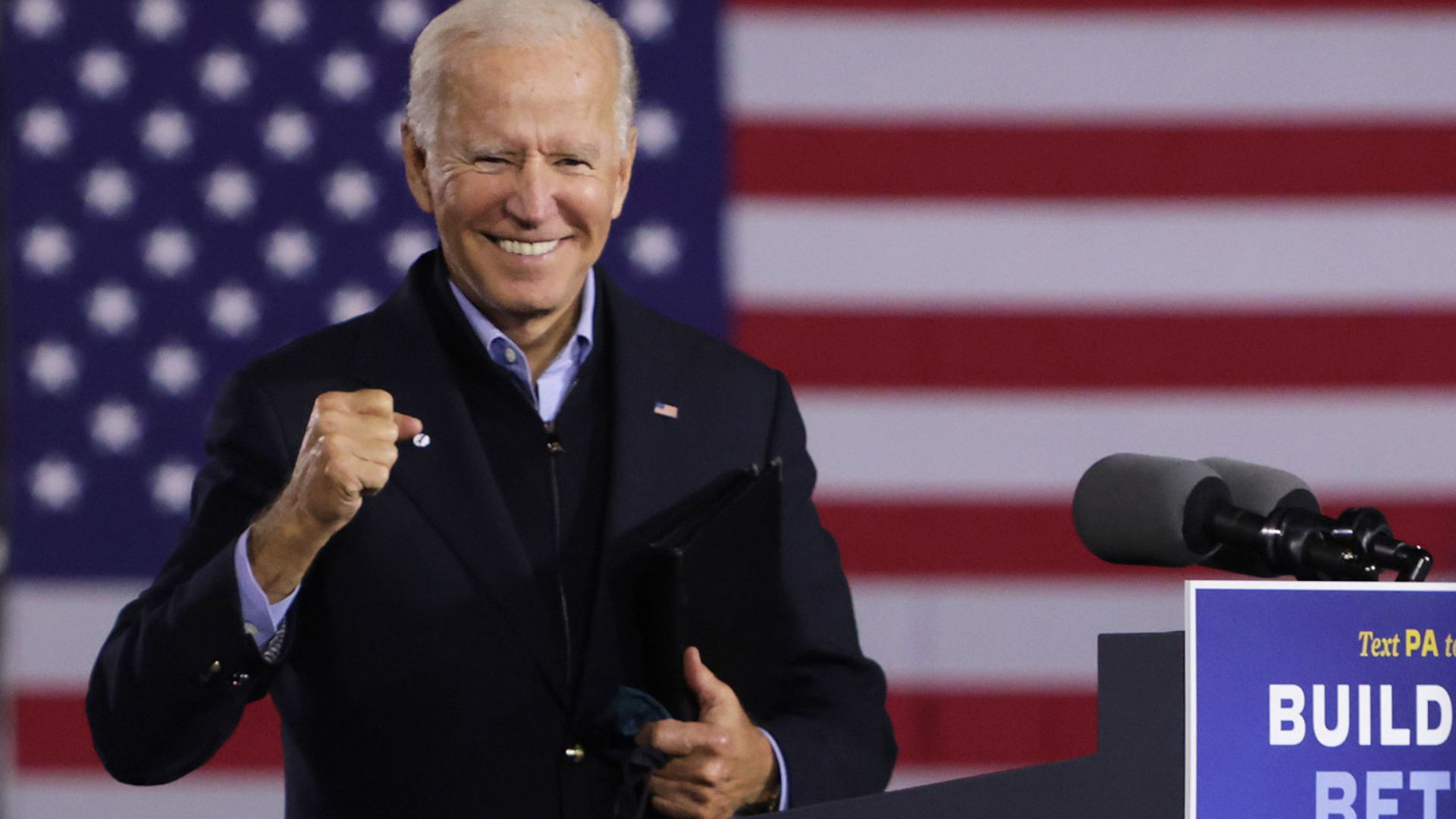
President Joe Biden has been outspoken in his support of banning the social media platform in the U.S.
On Wednesday, Biden signed the legislation into law.
National Security the Cause of the Ban
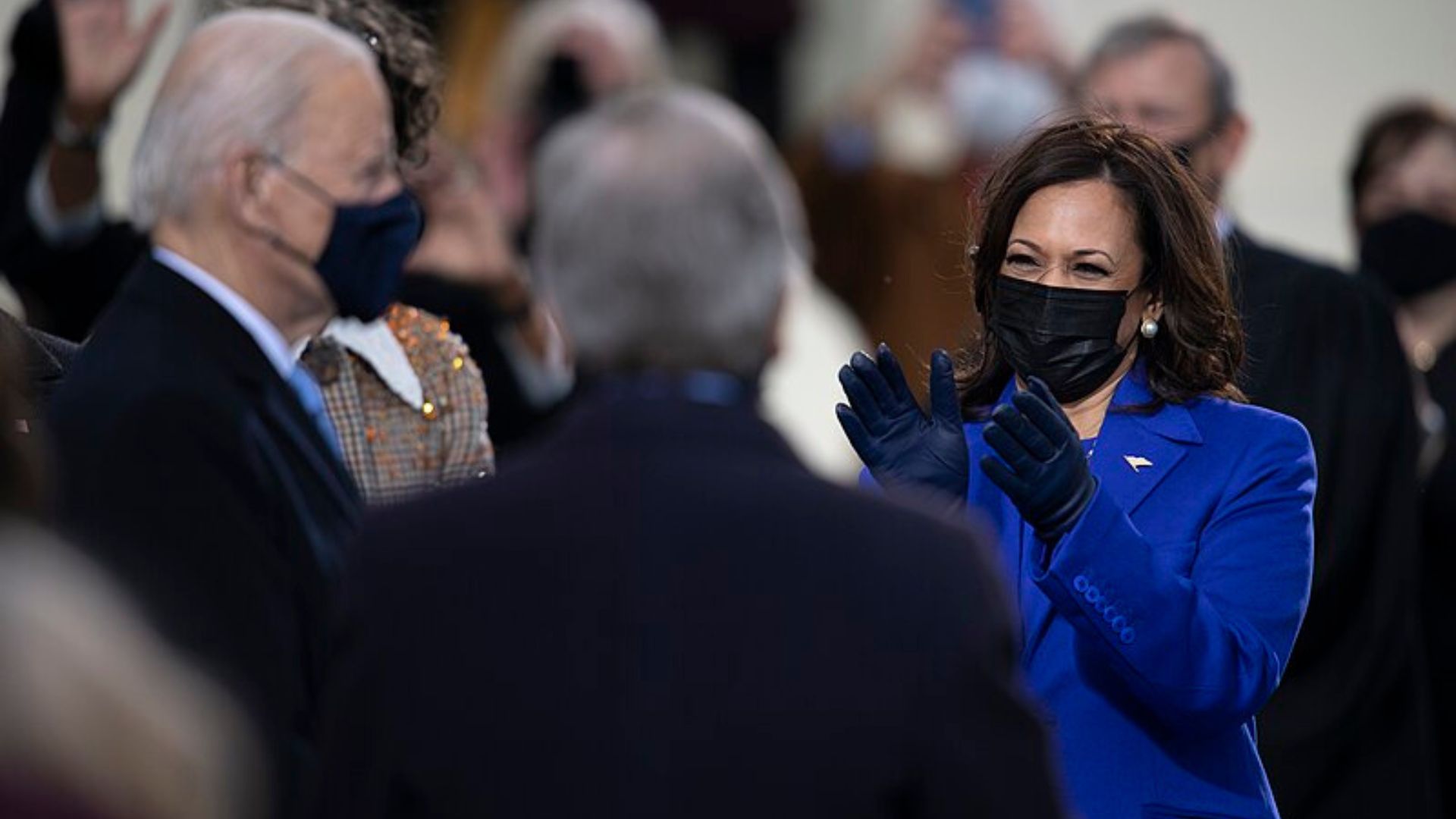
Washington has reported that the app is a national security risk and lawmakers in the Biden administration have raised concerns about the possibility of the Chinese government spying on Americans through the app.
Currently, around 170 million Americans use the app. It has been proven that propaganda spreads widely on the app through targeted algorithms.
App Not Backing Down

Now, the company says that they would like to fight the ban in court. Young voters think that targeting the app is unenforceable thanks to virtual private networks (VPN) and other software devices.
TikTok CEO Shou Zi Chew said in a video posted to the app that they do not plan on backing down. Currently, the company claims that the ban violates the First Amendment rights of the users on the platform.
Senate Members Want To Improve the Platform
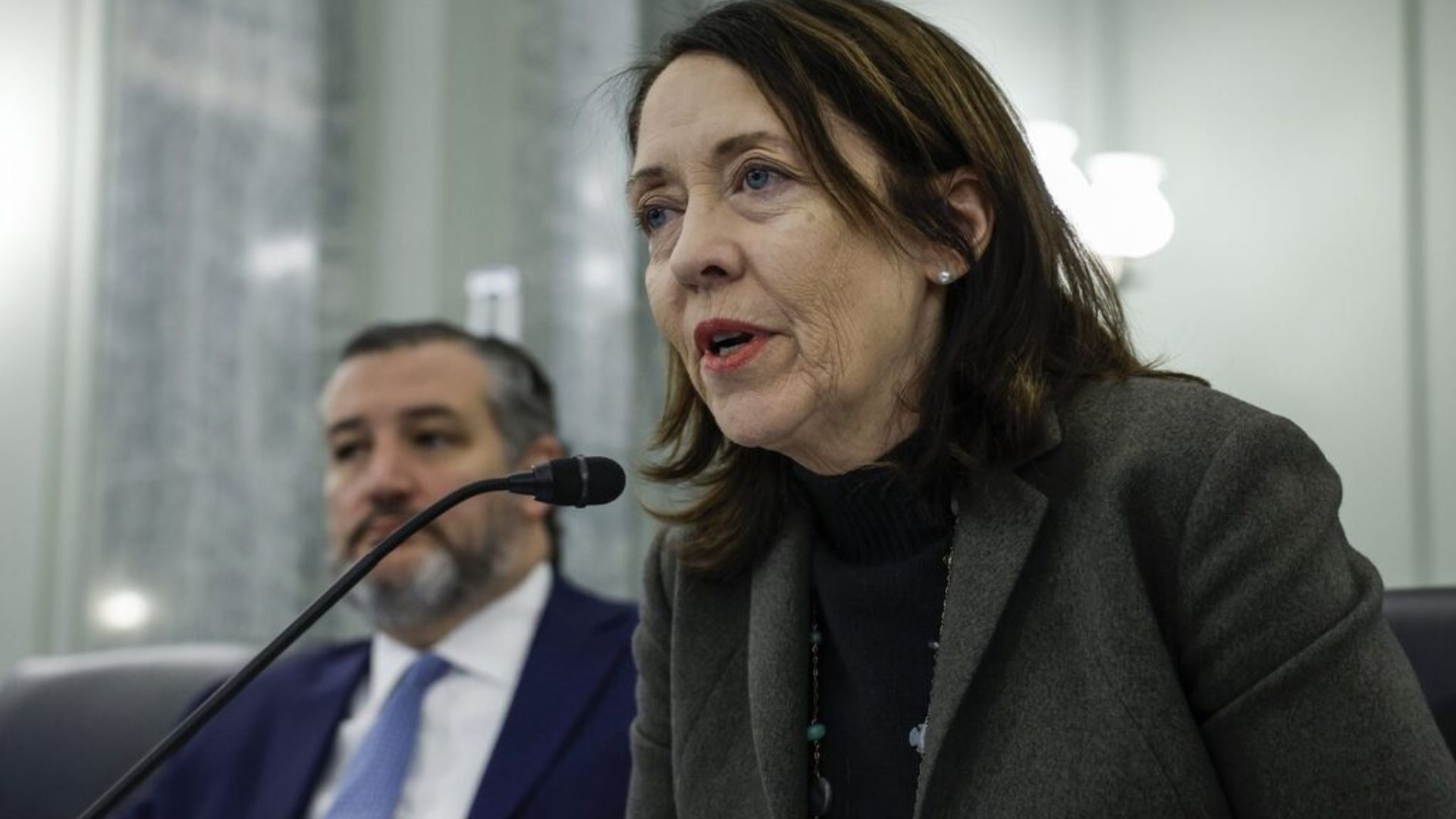
Chair of the Senate Commerce Committee, Sen. Maria Cantwell, D-Wash., said on Tuesday that they simply want to improve the platform for Americans.
Lawmakers fear that misinformation and propaganda can be spread too easily on the platform as little oversight is taken on the accuracy of videos.
Misinformation Spreads Widely on Social Media

The fears of propaganda spreading online is not unfounded. During the 2016 presidential election, researchers found proof that Russian propaganda spread on FaceBook directly influenced the outcome of Pres. Donald Trump’s victory.
The senate has seen what social media can do to alter the public’s conscious beliefs and hope to impose more realistic sanctions on user-based apps.
TikTok Disputes Claims of Assisting the Chinese Government
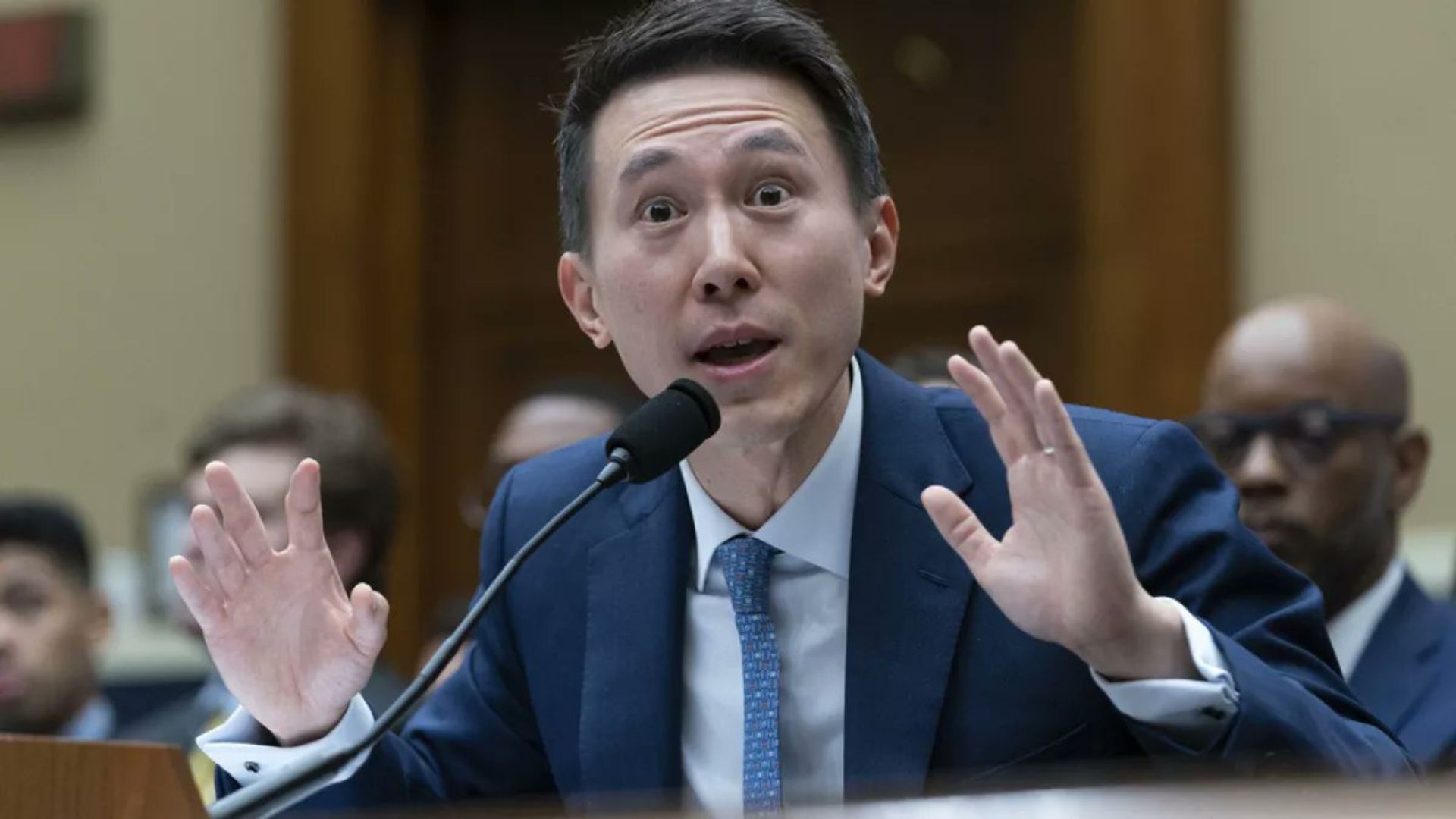
The app has tried to reason with congress, citing that at no time has the Chinese government requested American’s user data.
They added that if requested to cooperate with Chinese officials, they would not hand over any information citing that it would violate Americans right to free speech.
Options for Selling the Company
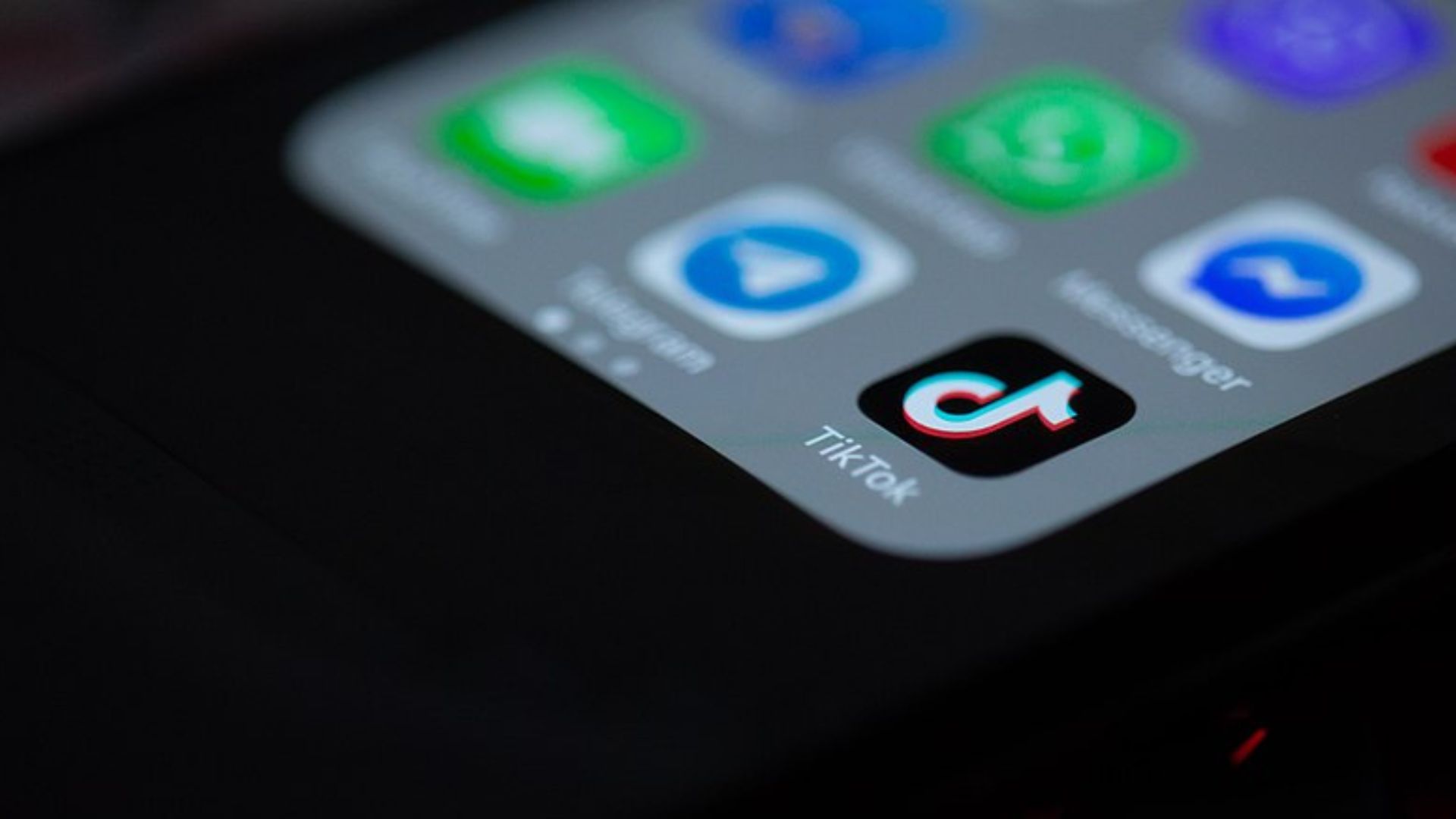
If ByteDance is forced to comply and sell the app, only ultra-wealthy investors would be able to fork up the estimated tens of billions of dollars that the app is currently worth.
Analysts say that Microsoft, Apple, and Oracle will consider placing a bid on the app. Other big tech companies are willing to pay the price but may face more pushback in the future from the federal government.
Officials Say the Algorithm Cannot Be Bought

An additional complication to the sale remains in the fact that the Chinese government can easily block the sale of TikTok’s proprietary algorithm.
Buyers of the app would likely need to rebuild crucial components of the app. Tech companies who can create similar aspects of the software would be better off creating their own app.
Democrats Are Concerned That the Ban Could Hurt Re-Election Attempts
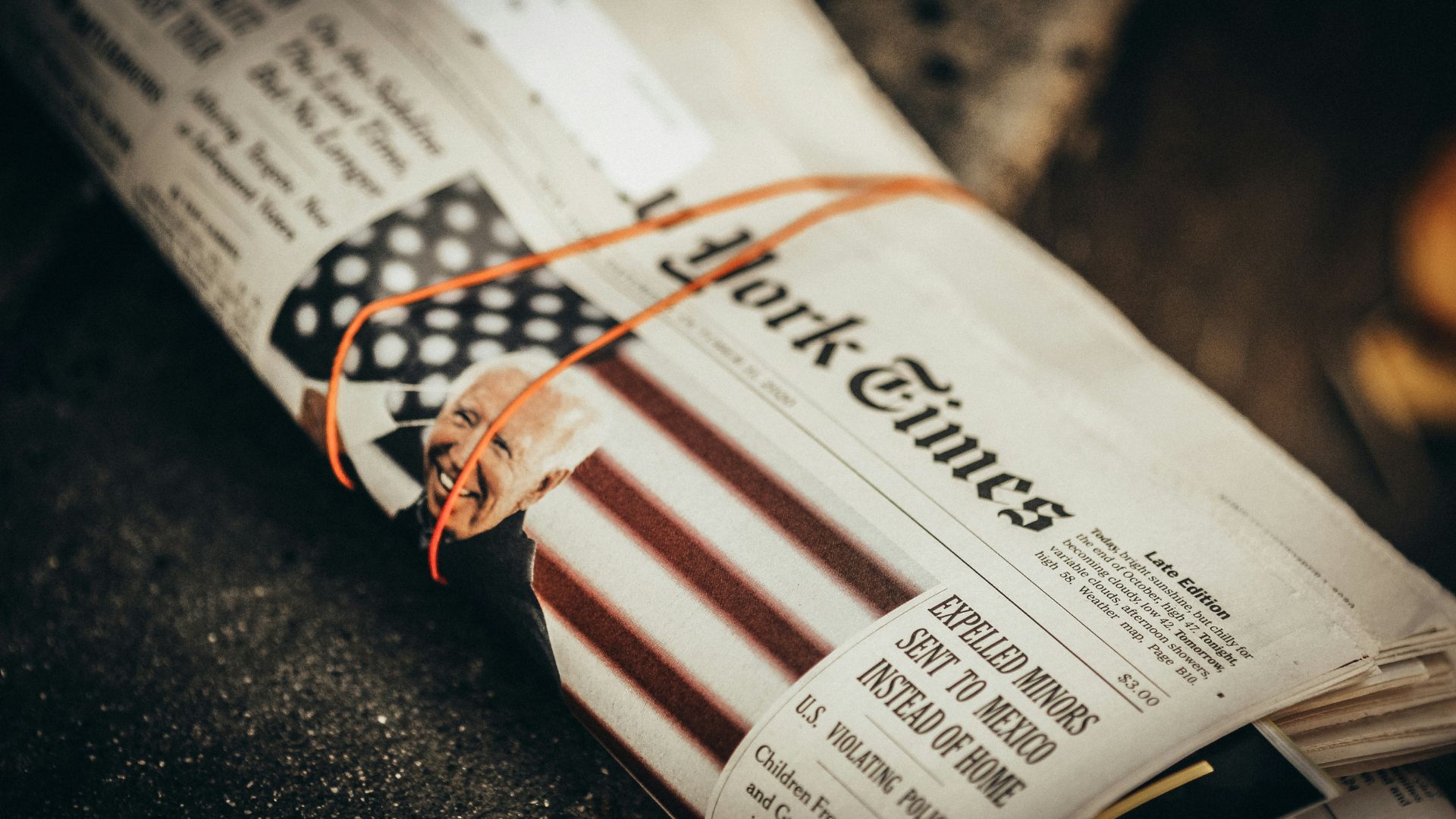
Although roughly 38% of Americans are in favor of banning the app, a large amount of Democrats fear that banning the platform could have unintended consequences on their re-election efforts this fall.
There are fears that banning the app could harm America’s first amendment rights to free speech. As well, many small businesses rely on the platform to gain customers. The real people being hurt from the ban could spark distrust with elected officials.








































